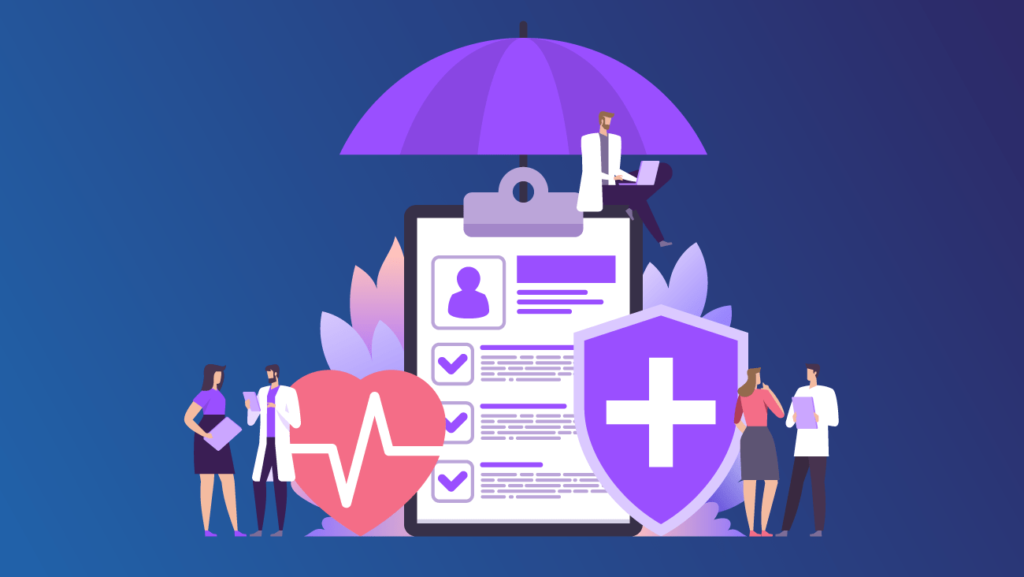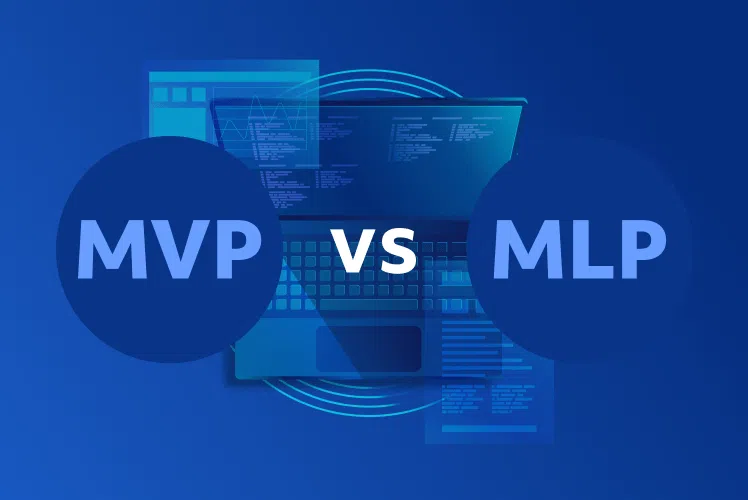Healthcare is one of the biggest and fastest-growing industries in the world. And as it evolves rapidly, it is obligatory for healthcare professionals to use the latest technology available in order to provide a more efficient treatment to patients.
A CRM system is a valuable tool that helps provide better and more personalized service as well as optimize the workflow of a medical establishment. However, it seems that not all healthcare organizations fully understand the concept of CRM deployment and its benefits. This article explains why it is important to use a CRM system within your healthcare organization and how it can improve the quality of services.

What exactly is a CRM and how does it apply to healthcare?
CRM stands for Customer Relationship Management so a CRM system helps a company manage its relationship with the customers. While CRM systems are a common thing for many industries, especially the ones involving sales (i.e. e-commerce), healthcare has not fully adopted them yet. The main reason for this is, probably, the misconception that CRM is associated with sales only and thus cannot be used by a healthcare facility.
However, that’s not true. A healthcare organization can successfully use CRM in its daily operations not only to sell its services (medications, new treatments, etc.) but also to better connect with the patients and provide them with better care quality.
What companies use CRM software?
CRM systems can be used by the following types of healthcare organizations:
- Hospitals
- Retail health clinics
- Pharmaceutical companies
- Emergency departments
And that’s not all! In general, an efficient CRM system can be used by any healthcare organization that wants to better manage its patients and provide more efficient and accurate services powered by automated tools.
The benefits of using CRM in healthcare
CRM is mostly used for managing one’s relationship with customers but there are many more ways how a good CRM system can help an organization, particularly in the healthcare industry. Let’s have a more detailed look at these benefits.
More personalized care
The core of any CRM system is a database that contains all the needed information about customers. And in the case of healthcare, a CRM system contains detailed information about patients. Such information usually includes past or chronic diseases, current medical state, prescriptions, past treatments, and any other data that might be of use for medical professionals.
By getting access to the system, a medical specialist can get a wholesome picture of a patient and their state. Based on this data, a medic can provide accurate and relevant treatment as well as personalized services such as sending a reminder to take medicine or get a vaccination.
In addition to that, a CRM system offers a holistic view of all patients in the system. Such a view helps a medical organization evaluate its processes and their efficiency and understand what can be improved.
Better communication with patients
A good CRM system provides information on the best communication methods for every patient in the system. It can suggest whether a doctor should contact a patient via an email, text message, or phone call. And this approach significantly increases the chances to successfully pass the message from a doctor to a patient and therefore make communication more valuable and well-timed.
As well, the system can analyze if a specific patient needs a certain reminder and it can send a corresponding message without any human intervention. In this way, doctors can always be sure that their patients receive all the necessary information and as for patients, they will be receiving only the information that is relevant and valuable for them.
Better communication between medical organizations
Say, a patient is admitted to a hospital and is about to receive treatment. Their doctor would like to know about the past treatments and medications prescribed in the past. So naturally, a doctor would contact other doctors or other medical facilities for this information.
Now, the process of exchanging such information will take time, especially if some records are stored in paper format and others are in a digital form. But with a CRM system, the communication becomes faster and more transparent since all the parties involved have access to the system and can always find the needed information or update it.
Better marketing
Since the CRM system stores all the information about the patients, you can easily analyze it and discover new marketing opportunities, ways to optimize your current marketing strategy, and the most efficient communication channels for different groups of patients. An example would be sending relevant and personalized emails to customers (i.e. about a new medication or with a special offer) or sending automated reminders about scheduling an appointment.
In addition, CRM systems can be integrated with other systems that you might be using. In this way, you will receive a generalized overview of your business and will be able to identify any weak or problem areas as well as potential areas for improvement and growth.
Security and HIPAA compliance
The primary concern for any medical organization is HIPAA compliance. HIPAA stands for Health Insurance Portability and Accountability Act and its primary goal is to ensure the absolute security of the patients’ sensitive data.
There is no need to explain how important security is for any company that processes big amounts of sensitive data such as medical records. So obviously, when you start researching the available digital tools you want them to be HIPAA compliant. The good news is that many popular CRM systems are HIPAA compliant and thus you don’t need to worry about security. In addition, these systems have many useful features such as data encryption or multi-factor authentication that contribute to keeping the data safeguarded and protected from external threats.
How to choose a CRM system for your business
There are many available CRM solutions for healthcare, from the well-known Salesforce Health Cloud to Veeva CRM or Zendesk solution. So how does one choose a tool that will bring real value to both the company and the patients? Below are a few recommendations that might help.
Look at functionality
Even though different CRMs have different functions, there are some basic features that any efficient healthcare CRM tool should have:
- Management of patients’ appointments
- Storage of patients’ data
- Management of documents of different formats (options to upload, download, and edit them within the system)
- Automated follow-ups and messages
- Different communication methods (email, text messages, etc.)
- Advanced analytics
- Detailed patients’ profiles
- Integration with third-party systems
Of course, this is not the full list of the needed features. You need to make sure that the functionality of a CRM system corresponds to your goals and needs and will allow you to realize them.
Check the integration options
It’s natural that you might be working with other third-party systems prior to deploying a CRM solution. In order to keep all the data in one place and avoid losing any information, it is critical that your CRM system can be easily integrated with other external systems.
By integrating CRM with other systems, you will be able to collect all the information in one place, streamline the operations, and ensure transparency of the processes. The possible integration options include integration with the help desk, accounting system, scheduling application, and others.
When choosing a healthcare CRM, it is important to understand the scope of your organization, your goals and business needs, and outline the main ways how a CRM implementation will assist you. And in case you do not find a suitable solution on the market, you can always request a development agency to design a custom solution with specific functionality. Even though it will be more costly than ready-made tools, a custom solution will significantly outperform the ready-made ones in the long run since it will precisely correspond to specific needs.


Comments